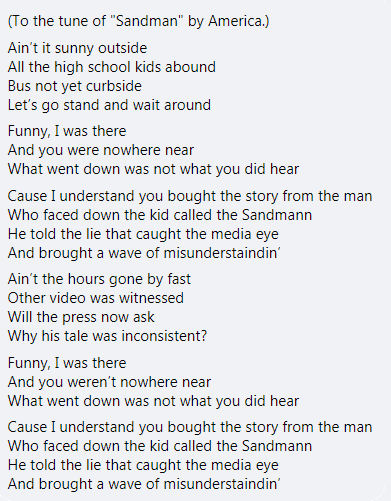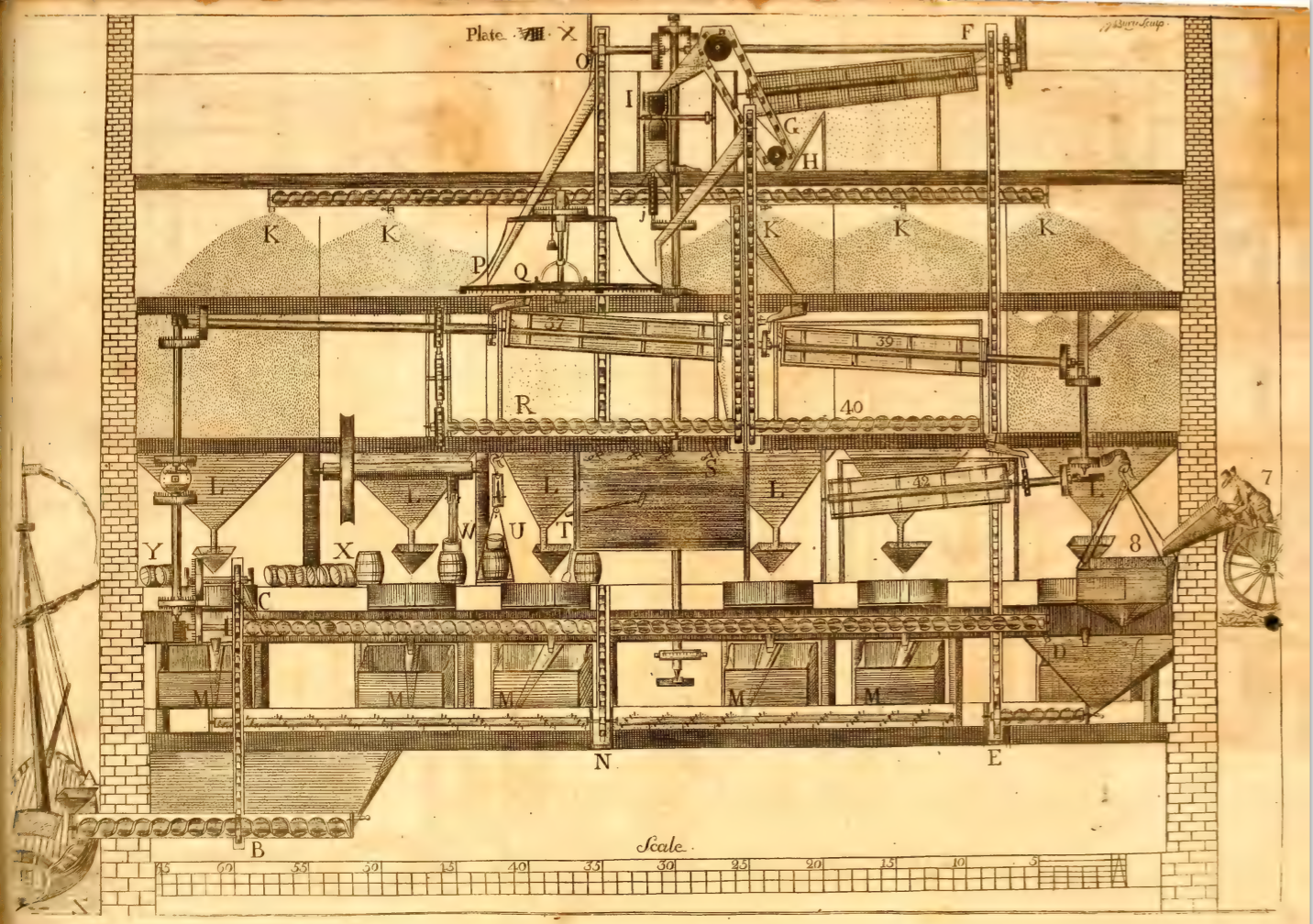Yet another thing here in the dying days of the Biden administration.
There has been a lot of ink spilled over the past few years regarding the Biden administration’s unprecedented lawfare campaign against Trump. However, we need to remember that it wasn’t just the Biden administration launching these attacks, but Democrats throughout the country
There was Alvin Bragg’s prosecution in Manhattan. There was Fani Willis’s prosecution in Fulton County. Bragg’s case secured some convictions, but it is doubtful those will survive on appeal. Willis’s case has largely collapsed over ethics.
Before we sweep those cases into the dustbin of history, we need to take another look at what the Democrats have been doing over the past two years. Specifically, the active coordination between the Biden administration and the local prosecutions of Trump constituted a larger conspiracy against one of key foundations of a republic governed by law.
The fact that the various prosecutions were historic is well-trodden ground, but we need to remind ourselves that we are dealing with the unprecedented prosecutions of not only a former president but the man who was running to unseat an incumbent of the same party as the local and federal prosecutors. When you attempt things like what the Democrats were doing, your case had better be clean and tight.
Those local cases were anything but clean and tight.

